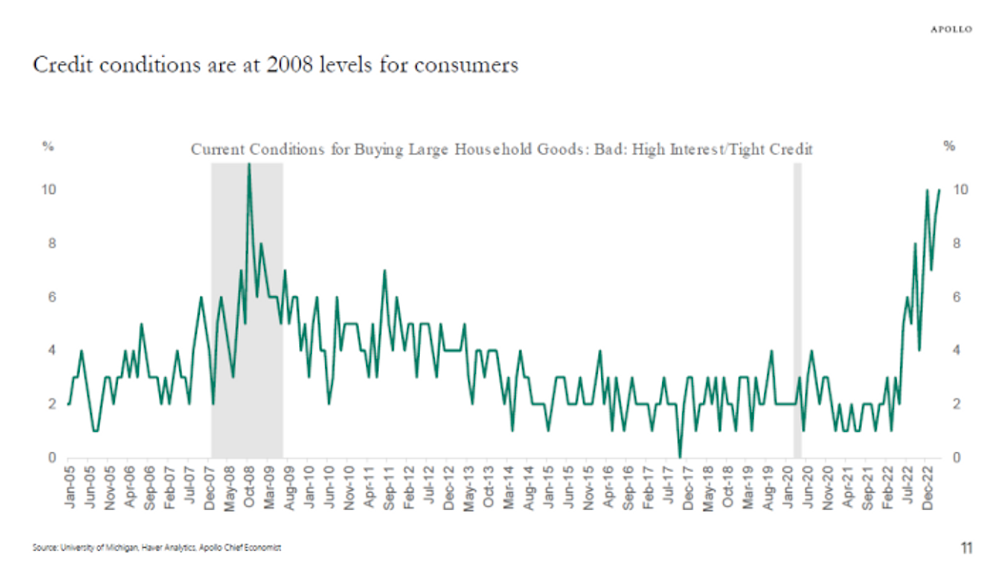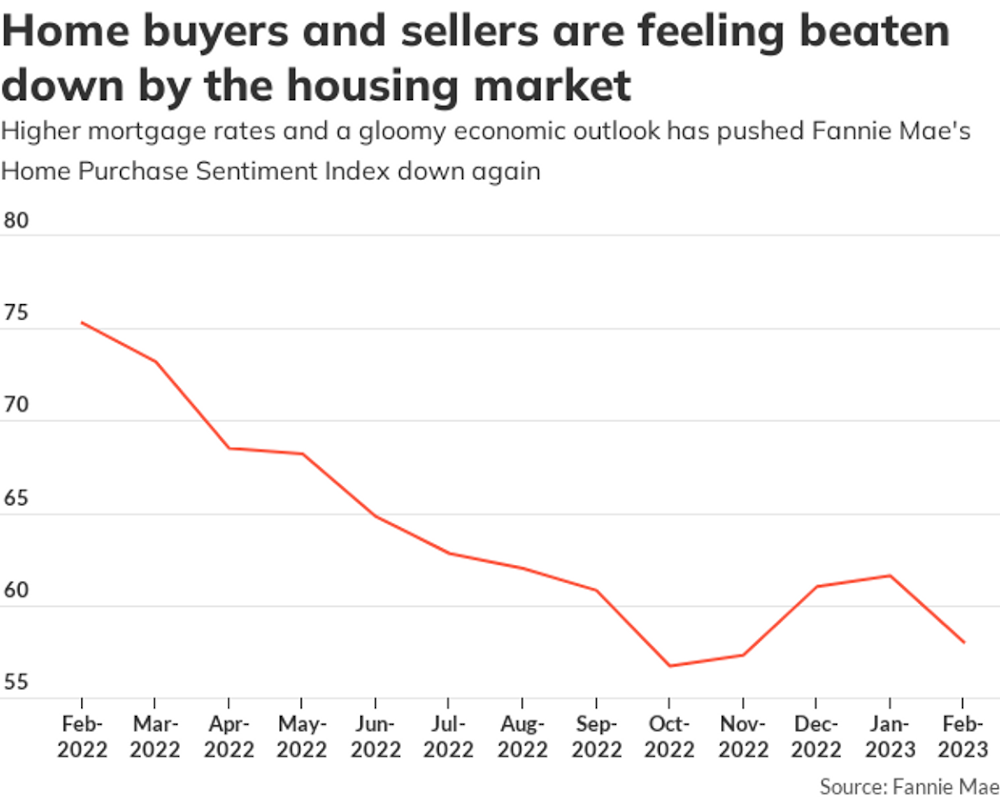WASHINGTON (MarketWatch)
A gauge of consumer sentiment jumped higher in early
October, pushing past Wall Street's expectations, according to reports on the
University of Michigan-Thomson Reuters consumer-sentiment gauge released Friday
The UMich sentiment gauge rose to 83.1 in a preliminary October reading from a
final September reading of 78.3
Economists polled by MarketWatch had expected
little change, anticipating the index to decline to 78 in early October
The
sentiment gauge, which covers how consumers view their personal finances as well
as business and buying conditions, averaged about 87 in the year before the most
recent recession Economists watch sentiment data to get a feel for the
direction of consumer spending
Welcome
stock market phases theorem.
Chief Artificial Intelligence.
Academic training in Fundamental Mathematics.
IA basada en Razonamiento Humano
Billie, Founder with academic training in Fundamental Mathematics and professional experience in Large Multinationals in the Information Technology sector, having held positions in high-level management positions, maintains that it is time to reduce Unproductive Public Expenditure and help the Private Sector in everything that is possible.
Cortesía de Investing.com
Cortesía de Investing.com
Agenda Macro
Calendario económico en tiempo real proporcionado por Investing.com España.




















3 comentarios:
ECRI Semanal Anualizado
Actual 5.70%
Previo 4.60%
Vemos que los Indicadores salen buenos en USA, hay liquidez, hay confianza ... esto nos dice por el primer teorema que las alzas no han terminado.
Veremos donde nos lleva, lo sabemos en la parte privada.
WASHINGTON (MarketWatch)
The U.S. economy will begin to firm next year and continue from there, said Jeffrey Lacker, the president of the Richmond Fed Bank, on Friday. Lacker said that risks to the U.S. economy from the recession in Europe will likely dissipate next year as the region's leaders work through the necessary adjustments to create a new fiscal regime. "As U.S. labor markets continue to heal, I expect household confidence to slowly firm and bolster consumer spending," Lacker said. The Richmond Fed president has dissented from the policy statements issued by the Fed's interest-rate setting committee this year. He said he objected to the forward guidance stating that economic conditions are likely to warrant a federal funds rate near zero for at least several years. This is "a highly imperfect way to communicate about future policy," Lacker said because it suggests the Fed is not committed to keep inflation at 2%. Lacker also opposed the Fed's third round of bond-buying, or quantitative easing, colloquially known as QE3
Publicar un comentario